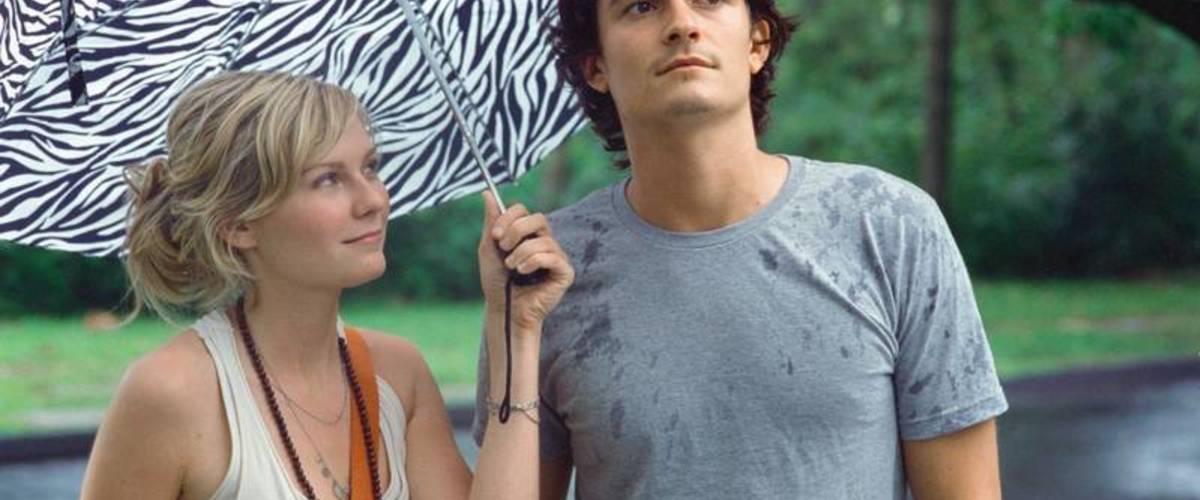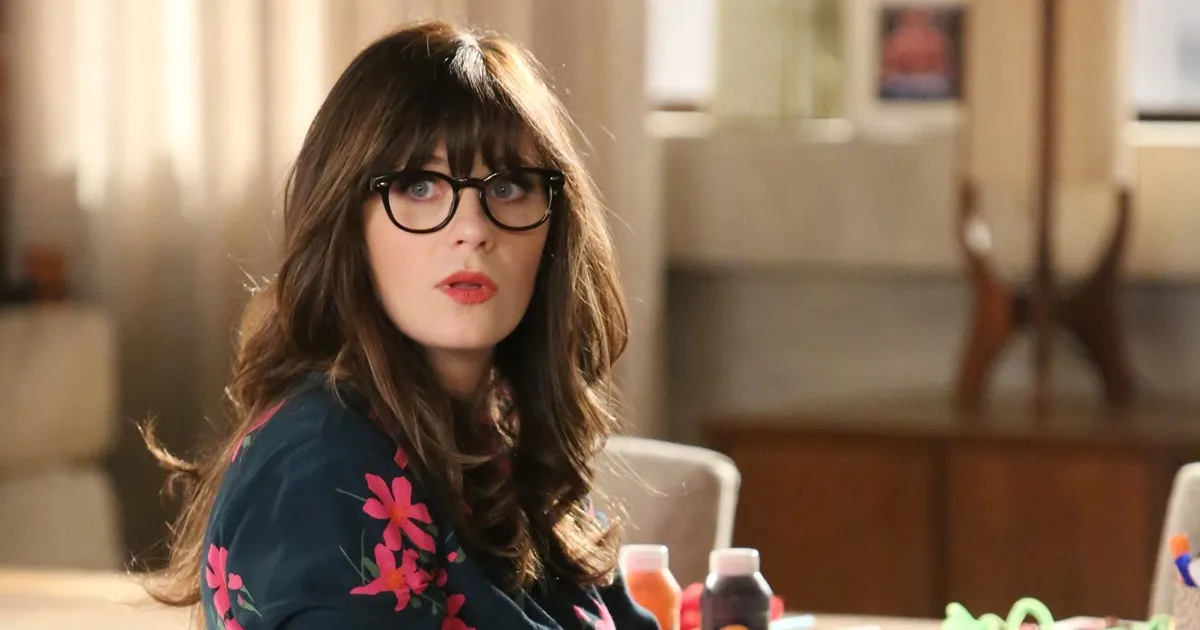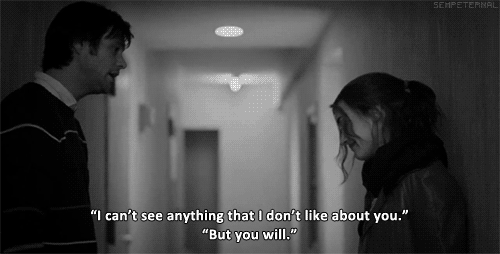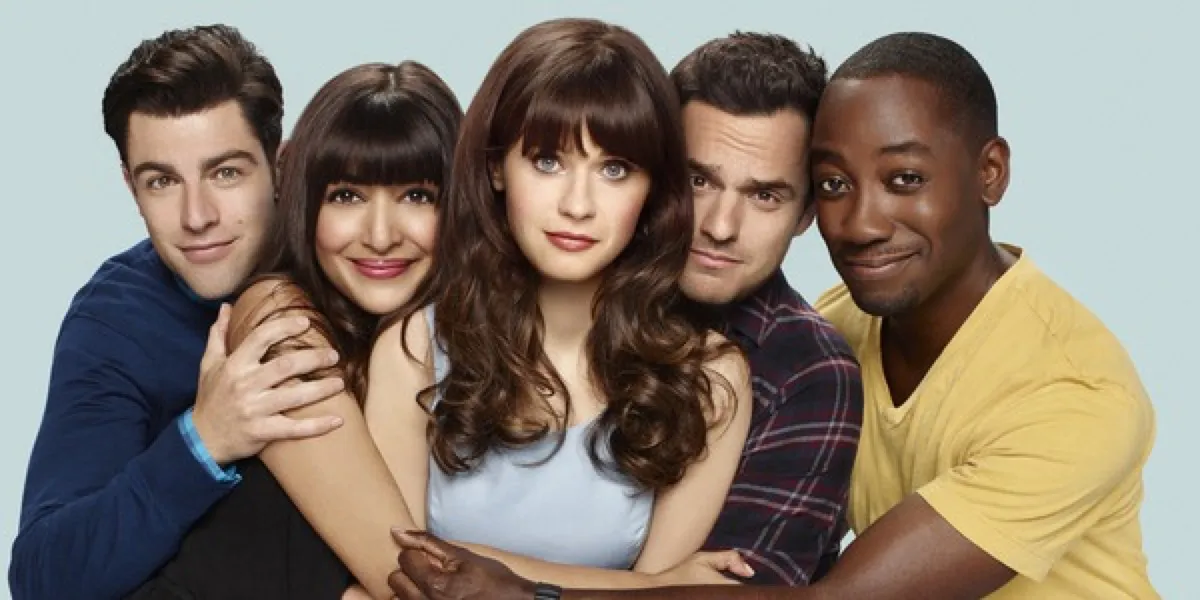Disclaimer: as you read this piece, please keep in mind that the term “manic pixie dream girl” is meant to extend to anyone who is not a cis man who might be affected by such a term, and is not intended to remain within any binary! One might consider changing the word “girl” to “person” in their mind while they read. The term “girl” is kept more or less intact in an effort to focus on a discussion of the phrase as it was originally coined (by, yes, a cis man), as well as an attempt to later reclaim and redefine the phrase.
I used to take it as a compliment when I was accused of being a manic pixie dream girl. The way the phrase was tossed my way with an insulting tone astonished me. After all, several of my favorite cinematic heroes were similar: Summer Flynn, Ramona Flowers, and Clementine Kruczynski, to name a few. What could be so bad about being stylish, doe-eyed, and intimidatingly charming?
Surely these characters I looked up to for years were the answer to the question we all begin to ask ourselves sometime in adolescence: What type of person am I meant to be? Who can I model myself after? Even while the manic pixie dream girl became fodder for many a sexist meme circa 2011, it was a relief to have someone to relate to—someone whose flaws made them exciting, without having to be a beach babe or an ultra zombie slayer.
Then, I looked up the definition for kicks one day. The term, coined by film critic Nathan Rabin, has been used time and again to manifest different variations of one ultimate insult: “… completely devoid of a discernible inner life.” Ouch.
Confused and annoyed, I racked my mind, trying to find evidence of inner life for these characters I loved and, because of how I looked up to them, for myself, as well. Here is what I concluded after a bit of soul searching: It’s impossible for them to be devoid of an inner life because it is impossible for a person to be devoid of an inner life. In fact, where on Earth else would that classic MPDG offbeat humor and thoughtful gaze come from? Clementine said it best when she demanded that Joel not turn her into an idea of his salvation.
Thus it is not the MPDG herself who is problematic, but the critique of her autonomy in the first place. In 2014, Rabin published an apology via Salon, expressing his intent to critique flatly written wet dream characters, as well as his understanding about how and why the term became unmanageable:
“The archetype of the free-spirited life-lover who cheers up a male sad-sack had existed in the culture for ages. But by giving an idea a name and a fuzzy definition, you apparently also give it power. And in my case, that power spun out of control.”
Upon further contemplation, I realized my original mistake: I was conflating the term “manic pixie dream girl” with the adjectives “unique” or “quirky” or “offbeat.” In his apology article, Rabin blames the internet for the conflation and mutation of the term MPDG, which makes sense.
It’s more than cliché, at this point, to pontificate on the internet’s tendency to do just that, but the question of how the term became so monstrously varied, at least, has an easy answer. It quickly became a tool for mocking women who possessed certain personality traits under the guise of artistic criticism, rather than a way to critique sexist writing.
Now we are left with another question: How do we draw the distinction between what is badly written and what is not? While it may seem called for here, I’m not a huge fan of the idea of listing MPDGs in order to potentially compare them and pit them against each other to determine which is best written, although such a list does exist.
In Rabin’s apology, the difference lies in what is “reductive” and “condescending.” He writes, “It’s an archetype, I realized, that taps into a particular male fantasy: of being saved from depression and ennui by a fantasy woman who sweeps in like a glittery breeze to save you from yourself, then disappears once her work is done.”

Kirsten Dunst as Claire, who the MPDG term was originally coined to describe, in Elizabethtown. (image: Paramount Pictures)
Another way of framing this idea of poor writing in regards to the manic pixie dream girl (or any character) is to say that the audience is only exposed to a single facet of them (i.e. their ability to reinvigorate the protagonist). Though she may have several sides, the tale of the MPDG is told through a man’s eyes, and a man who has little ability to imagine what life is like for those unlike him (read: empathy) in his toolkit at that.
In order to relieve the MPDG of scrutiny, we might also ask ourselves why the male protagonist has such a stunted view of the world, and which portion of the population his view is meant to represent.
When considering how to move forward with the MPDG, a call for erasure of the term seems a bit naive, given its total integration into pop culture. Rabin wrote his apology about five years ago, but the term seems to be here to stay.
Despite his plea to axe it completely (“I would welcome its erasure from public discourse. I’d applaud an end to articles about its countless different permutations.”), we might consider reclaiming it. I, for one, am fond of the term, and the sense of identity it provided me in my shaky teenage years. In order to undo some damage, perhaps we can reframe the term with an anti-sexist (and anti-bad writing!) agenda in mind.
It’s okay to be a manic pixie dream girl. It is entirely permissible to be sweet, charming, clumsy, witty, hilarious and adorable, all while being romantically and sexually desirable. It is also highly possible to manifest this archetype in a healthy way.
The show New Girl, which ran from 2011–2018, provides perhaps one of the most fleshed out instances of a healthy MPDG archetype, in which the MPDG herself is the main character, with blatant purpose and inner life. Jessica Day, played by manic pixie dream icon Zooey Deschanel, fosters and maintains a symbiotic relationship with her male roommates over their seven seasons together.
Even the first episode, which sets the heartfelt tone for the whole show, features Jess helping reeling, newfound friend/roommate Nick find the courage to reach out to his ex, and him returning the favor by leading all of Jess’s new roommates on an excursion to rescue her from being stood up. Just as they lean on her, she is able to lean on them. The bonds that Jess is able to facilitate are evidence that even the most quirky and twee of dream girls can escape the trap of always being the one to provide support, and never the one to receive it.
In researching the case for the manic pixie dream role, the idea of reducing things to how they appear comes up (see if you can make sense of Derrida’s ideas about the metaphysics of presence and the Western emphasis on appearances). It’s all too easy to reduce a character to what they seem when we see them onscreen, but why do we not imagine a life for them outside of this context? Surely they exist even when we cannot see them. Surely the manic pixie dream girl has an inner life, even when we are not currently viewing her narrative—the only problem is that we deserve to see more of it!
Even under the premise that a character has absolutely no inner life, why can’t we identify with her anyway? Sometimes we like art not because it’s deep, but because it’s goofy and fun. Who’s to say what others can and can’t resonate with, especially those who are often shortchanged by the media landscape? As the whole manic pixie dream girl fiasco has proved, this sort of policing often ends up hurting those who it was meant to help.
Hopefully, the term “manic pixie dream girl” can be reclaimed by those of us who fit the zany, exciting bill, to mean anyone who’s not a cis man, with an inner life so rich that they have the potential to transform the lives of everyone they meet for the better—with healthy boundaries in place, of course!
(featured image: Fox)
Jadah Steward is a writer, artist, and all around egregiously sensitive person who resides somewhere near the East Coast of Northern America.
Want more stories like this? Become a subscriber and support the site!
—The Mary Sue has a strict comment policy that forbids, but is not limited to, personal insults toward anyone, hate speech, and trolling.—











Published: Apr 1, 2019 3:35 PM UTC